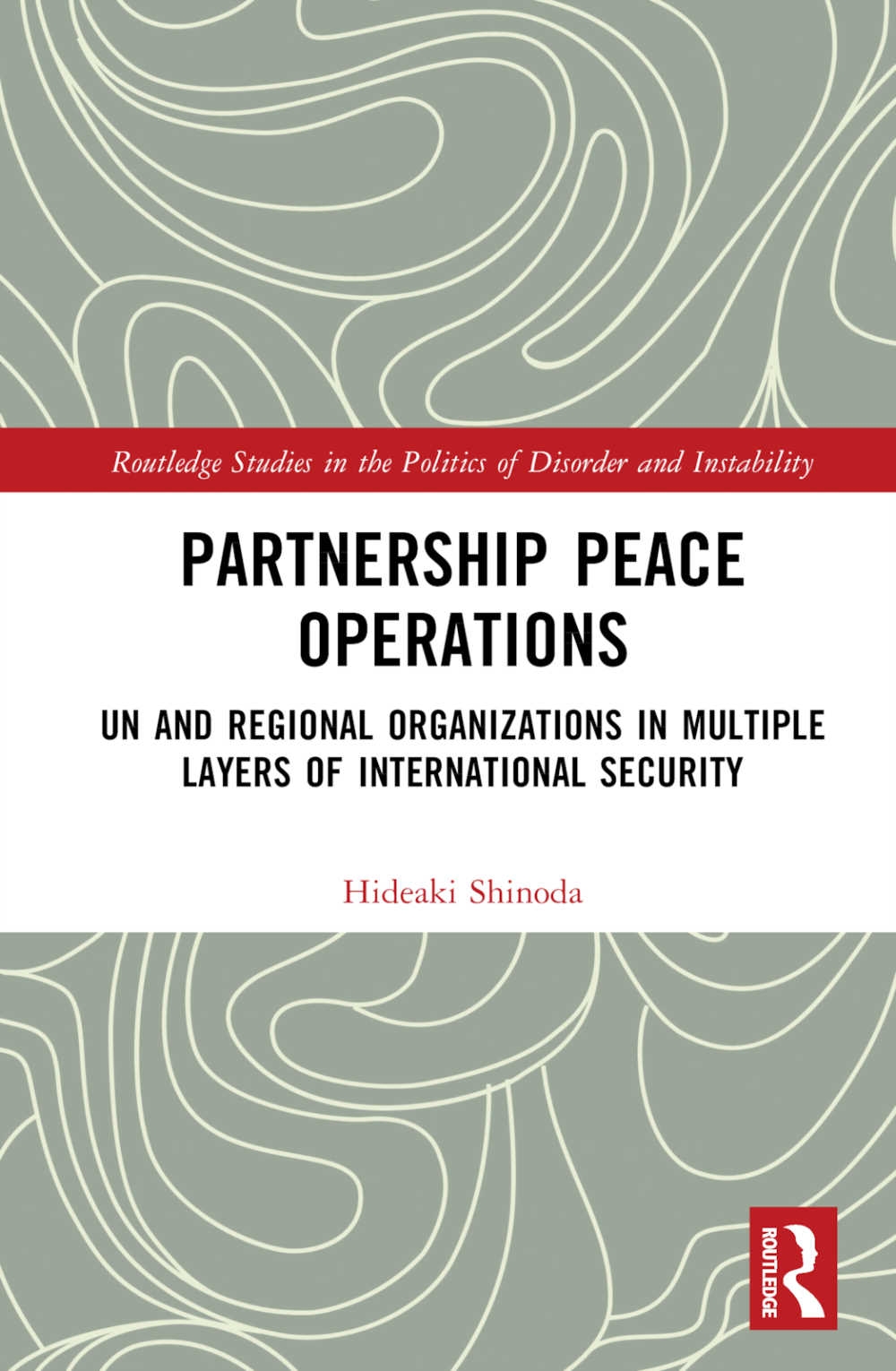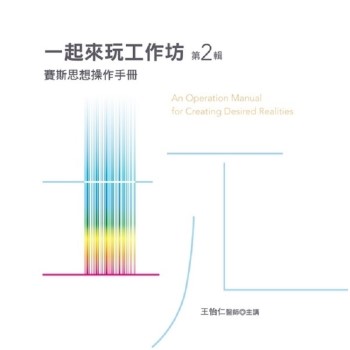"Partnership" is a key concept in contemporary international peace operations. There is no universal model of peace operations in contemporary international society. Ad hoc arrangements of "partnership" between the United Nations and various regional organizations are consequences of the complex circumstances of international security. The ways in which "partnerships" are organised differently in different regions reflect each region’s distinctive security situation. The universal nature of "liberal peacebuilding" is thus maintained only by ad hoc arrangements.
All the UN peacekeeping operations in Africa have some partnership linkages with regional or sub-regional organizations ranging from the African Union (AU) and regional mechanisms to the European Union (EU). What are the conditions and characteristics that enable or lead to partnership peacekeeping in Africa? How should we understand lower levels of partnership peacekeeping in other regions? By highlighting key characteristics of partnership peacekeeping, the book explores these issues and argues that partnership is a reflection of political circumstances.
The book provides an unexplored but critical perspective to understand the contemporary world for those who study International Relations, Security Studies, International Organizations, and Peace Studies.








![塔木德:猶太人的致富聖經[修訂版]:1000多年來帶領猶太人快速累積財富的神祕經典 塔木德:猶太人的致富聖經[修訂版]:1000多年來帶領猶太人快速累積財富的神祕經典](https://media.taaze.tw/showLargeImage.html?sc=11100697818)



